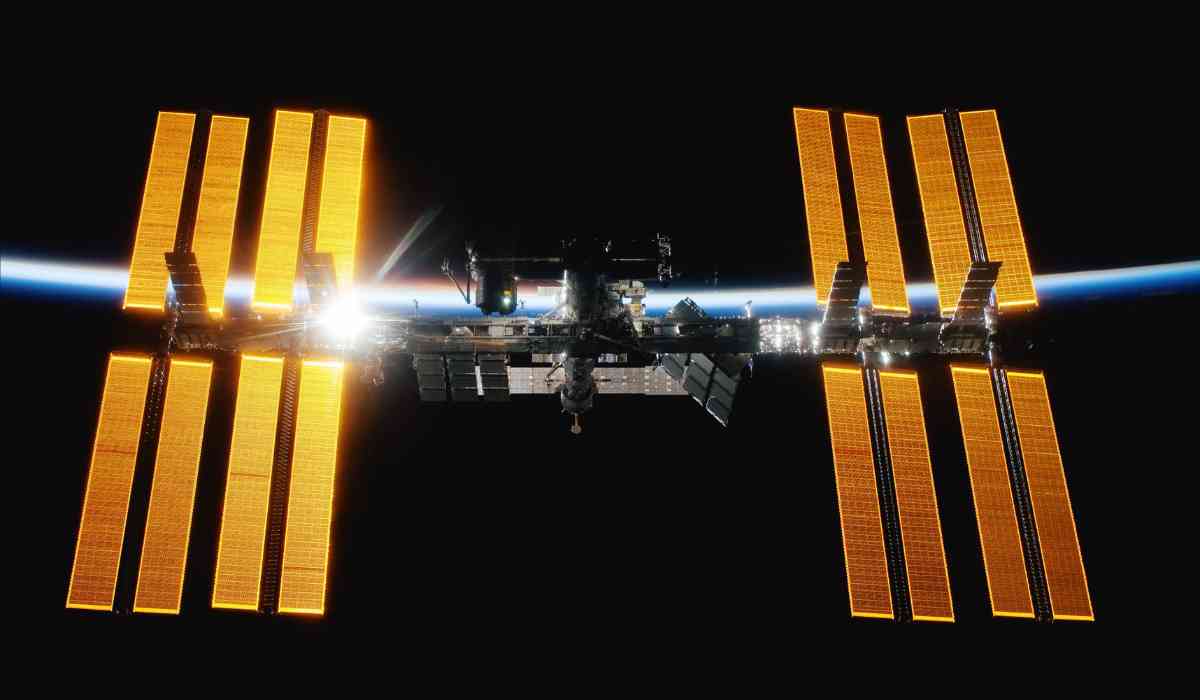Researchers at The Institute of Cancer Research are sending cancer cells of an incurable childhood tumour to space in an attempt to understand more about it. Samples of Diffuse Midline Glioma (DMG) will be sent to the International Space Station to see how the disease spreads in microgravity.
Chris Jones, the leader of the study dubbed ‘D(MG)2 and Childhood Cancer Biology professor at the Institute of Cancer Research in London said, “Experiments such as D(MG)2 aboard the International Space Station will improve our understanding of how cancer cells interact with each other within three-dimensional structures, and hopefully lead to new ideas for disrupting tumour growth that we can take forward back in the lab.”
The researchers believe that their 3D cultures will grow to larger sizes in microgravity conditions in comparison to the size on Earth. This will help the scientist is creating extensive models to learn about how cancer cells interact with each other. The research team said that it is the interaction between the cells that allow cancer to grow.
DMG is an incurable and extremely aggressive brain tumour that affects children reducing their mortality to 18 years. It accounts for 11% of the brain tumour in children as reported by the University of California Brain Tumour study. Due to the tumour growing in critical parts of the brain, surgery is not an option and chemotherapy has fairly little impact on the aggressive tumour.
© Vygr Media Private Limited 2022. All Rights Reserved.



















